The project’s objective is to ensure that biodiversity and ecosystems functions within and around marine and terrestrial PAs in Grenada are better protected from threats through the adoption of an integrated “Ridge to Reef” approach that increases PA management effectiveness and applies targeted sustainable land (and coastal) management practices, while ensuring ecosystems resilience to climate change.
This project will enhance the capabilities of Grenada with respect to institutional, regulatory, and policy-based strategic planning. It will also provide Grenada with financial support for various materials that enable the process. The project will expand and enhance the existing PA system in the country by increasing the number of TPAs from 8 to 9 (increasing the number of hectares from 1,931 ha to 2,931 ha) and increasing the number of MPAs from 3 to 7 (increasing the number of hectares from 1,780 ha to 13,180 ha).
Furthermore, the project will support the incorporation of a number of mini PAs into the national network as a minimum cost output. The consolidation and expansion of the PA system will be enhanced by the project’s support in reducing threats to biodiversity by addressing habitat degradation and over-exploitation of biological resources within Pas.
This project will use GEF incremental support to provide multiple global and local benefits by strengthening land, forest and reef management processes (ecosystem functions) and biodiversity conservation on all terrestrial landscapes and marine and seascapes in Grenada, especially within and around marine and terrestrial protected areas (MPA/TPAs). This will be achieved through a multi-focal strategy having a “ridge to reef” approach that increases Protected Areas management effectiveness and applies targeted land management practices.
THE “RIDGE TO REEF” APPROACH

Establishment and effective management of new and existing Protected Areas

An Institutional Framework for Protected Area System Management

A Legal and Regulatory Framework for Management of Protected Areas

Expanded Protected Areas System

Management of Protected Area Units Institutionalized

Conservation and Sustainable Use of Natural Resources as a Means for Community Involvement in PA co-management

Climate resilient SLM practices applied in the Beausejour watershed to reduce threats adjacent to and upstream of PAs

Improved SLM and SFM practices in 6 communities resulting in reduced deforestation and land and forest degradation in the landscapes surrounding PAs

